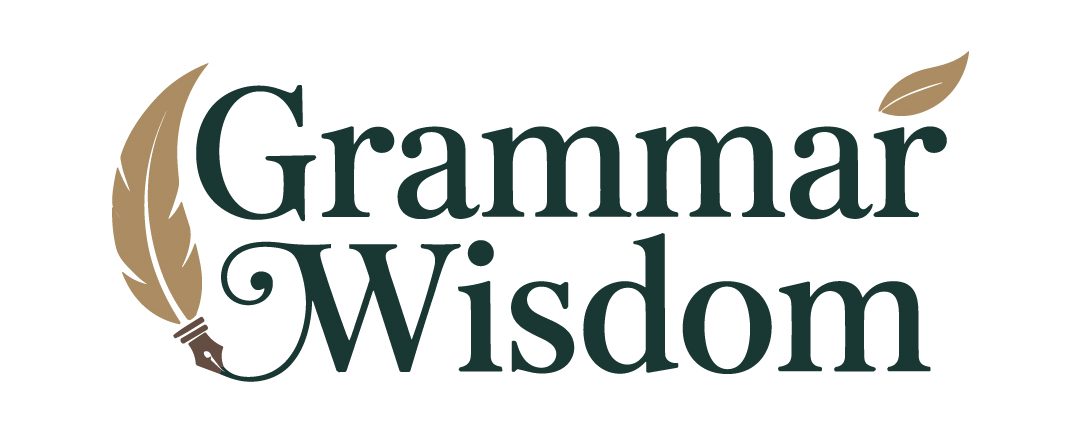Heart Metaphors: Exploring Figurative Language
Metaphors are powerful tools in the English language, allowing us to understand abstract concepts by relating them to more concrete ideas. When it comes to the heart, a symbol deeply intertwined with emotions, love, and courage, metaphors become particularly evocative. This article delves into the rich world of heart metaphors, exploring their various forms, meanings,…
